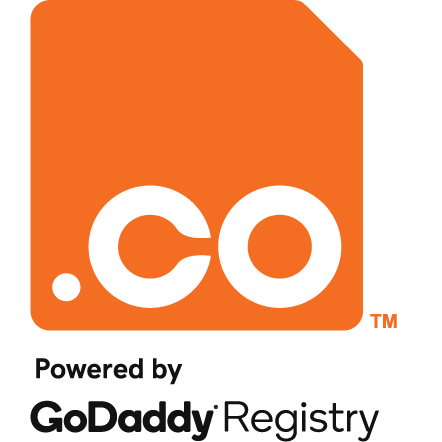Slack, a cloud-based collaboration platform, reached unicorn status when it became the fastest growing startup in history. In just eight months, with only eight employees and without traditional advertising, the communication tool, used by nearly 80% of Fortune 100 companies, reached a valuation of USD $1billion.
However, Slack as a product offering was not its founders’ original plan. It started as an in-house communication tool for a team of game developers called Tiny Speck. When their game proved a likely failure, the team focused on Slack, figuring that a tool that had worked so well for them might be useful to other businesses.
The hunch was a good one. Slack was an instant success and was acquired in 2020 for USD $27.7 billion. Slack’s story is a shining lesson in the transformative power of pivoting, but it also offers an excellent example of a successful product-market fit.
Product-Market Fit (PFM) is often called the “holy grail” for businesses trying to build sustainable and scalable businesses. It represents the alignment between a product or service and the needs and preferences of a specific market segment. In simpler terms, it is the sweet spot where what you offer perfectly meets the demands of your target customers. As a result, this product-market harmony fosters retention and drives growth.
“Product-market fit means being in a good market with a product that can satisfy that market.”
Marc Andreesen, Venture investor
Achieving product-market fit is crucial for several reasons, and it can make or break a business.
PMF validates the business idea. Before investing time and resources into a venture, entrepreneurs must ensure there is a real demand for their product or service. Without this fit, even the most innovative or well-executed ideas may struggle to gain traction.
PMF is the catalyst for sustainable growth. When your product aligns with what customers want and need, it creates a positive feedback loop. Satisfied customers become repeat customers and advocates, leading to increased sales and market share. This organic growth is more cost-effective than constantly acquiring new customers, and it solidifies the business’s position within the market.
Focus on PMF enhances a company’s adaptability. Markets are dynamic, and customer preferences evolve. A product that once fit perfectly may become obsolete or lose its appeal. Entrepreneurs who understand the importance of PMF are more attuned to market changes, enabling them to iterate and innovate to maintain relevance. Flexibility and responsiveness to customer feedback become ingrained in the business culture.
PMF is instrumental in attracting investors. Investors seek opportunities with a high likelihood of success. A demonstrated PMF increases the perceived viability of a business. It offers compelling proof that the business identified a genuine problem and developed a solution that resonates with the intended audience.
New startups and fledgling businesses should not overlook the significance of product-market fit. Achieving PMF helps direct focus away from solely internal operations and urges them to intimately understand their target market. Continuous customer feedback, data analysis, and a willingness to pivot are crucial elements of the journey toward achieving and maintaining PMF. Some signs you have achieved PMF include:
- Customers are enthusiastic about the product. Customers are using the product and providing positive feedback. The Sean Ellis Score comes from a single question, multiple choice survey that asks customers how they would feel if they could no longer use a given product or service. PMF is achieved if at least 40% of respondents answer, “Very Disappointed.”
- Decreased Customer Acquisition Costs: it is increasingly easy and less expensive to attract new customers because the product speaks for itself.
- Organic growth: a surge in word-of-mouth referrals and organic user acquisition indicates your product is resonating.
- Customer retention is high: Customers are not just trying your product. They are sticking around or coming back for more.
- Sales growth: the product is generating revenue and sales are growing at a healthy rate
Product-market fit is the cornerstone for entrepreneurial success. It ensures that a business is not just offering a product but delivering a solution that customers truly value. It is not achieved overnight. Remember, in the example of Slack, the developers were using and perfecting the platform for years before ever offering the service to consumers. That said, product-market fit is a dynamic equilibrium that fuels growth, adaptability, and investor confidence, making it an indispensable concept for any business.





